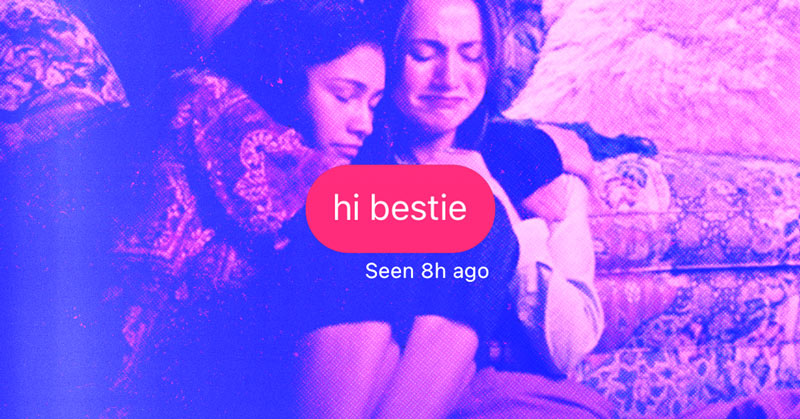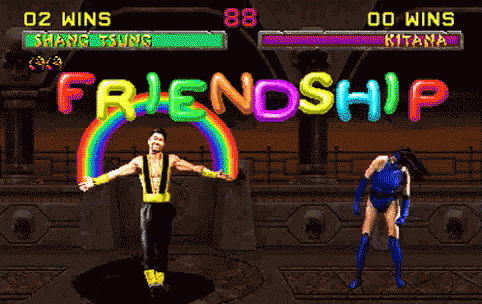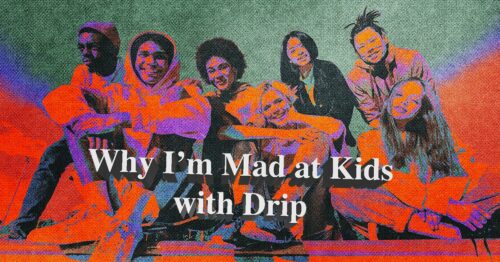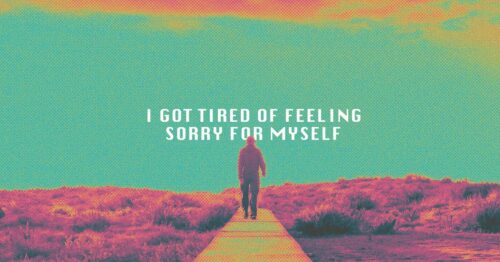The truth behind most “best-friendships” is that they might not even exist
Back in the day when D.I.Y. beaded bracelets and loom bands were at the peak of childhood memorabilia, I took it upon myself to be the bestower of friendship bracelets among my circle of friends. But as I began creating these bracelets one afternoon, I began to overthink—what if they didn’t think we were “friends enough” to wear friendship bracelets? Would my other circle of friends feel bad for not receiving a bracelet, too? Should I give everyone in the group a bracelet, even if I’m only close to some of them?
As I kept asking myself these questions, I ended up not making the bracelets and putting off the task until one fateful lunch break, where I discovered that everyone in my group already had a bracelet. Only this time, I wasn’t given one. Since then, I’ve become cautious of the labels I had with friends and stuck to this rule: never call someone your “best friend” unless they say it first. Whether this was a strategic moveto never feel the pain of rejection again or it was simply a coping mechanism for the trauma I had from being the group’s outcast, I clung onto this rule like it was a fireproof shield that would protect me from the pangs of betrayal.
In many ways, it did work its magic as it saved me from many awkward situations of passively calling someone a best friend when they would have never called me theirs. Still, the pain of unrequited best-friendship is undeniable and lingers deep—after all, you can’t lie to yourself. So, how do we cope with not being our best friend’s best friend? Do we battle it out Mortal Kombat style? Or do we just stand as martyrs and sing the anthem of unreciprocated friendship?
RELATED: How To Maintain A Long-Distance Friendship
Hold up, what even is a best friend?
“A person’s closest friend” isn’t enough, Google!
Just when we thought the internet (or AI) had all the answers to our problems, it still can't define what a “best friend” is—at least what it truly is. Ask anybody, and they’ll probably have different reasons for calling their best friends their best friends. Whether it be because of the stretch of time that they’ve known each other or how deep their shared experiences are, people attribute their definition of best friends to different things. So, in the end, best-friendship is subjective, just as the idea of closeness is relative.
Light bulb moment: so, does this mean that we experience unrequited friendships in the first place because of the differences in how we define a “best friend” in the first place? Perhaps so. But the solution isn’t as straightforward as creating a universal definition for the term; human emotions and relationships are much more complicated than that.
Use your words
Write them a poem if you must
Actions tend to speak louder than words, but it doesn’t make words meaningless. One thing I wish I had done when I found out about my friends’ friendship bracelets was to ask them why; maybe I would have understood their actions in the first place.
So if it ever comes to a point where you’re questioning your best-friendships, use your words. Talk about where you’re at in your friendship and iron out the details. As complicated as relationships can get, conversations help ease the imaginary tension surrounding actions that make no sense. Even if you’re not confrontational, try softer communication methods—texting, sending a meme adjacent to the topic as an intro or even writing a poem. Getting your feeling across can clarify how you’ll navigate your friendship moving forward, but it can get scary to make that move. But just remember that you’re friends for a reason, and if there’s anything that friends do well, it’s sharing anything and everything with each other—including how you feel towards one another.
RELATED: How to Have Difficult Conversations With Friends
All ships must dock somewhere
We’re talking about relationships and friendships
So after having the talk, what’s next? You’ll probably arrive at several conclusions, and some may be more negative than expected. But whether it be irreconcilable differences that force a reevaluation of the friendship or new-found love and respect for one another, all relationships find their label naturally; it’s just a matter of whether you’ll accept the reality.
Fight all you want, but all ships must learn to dock—and your friendship is no exception. As scary as that may be, remember to allow its natural course. People are allowed to be different and change into the people they have become, and you cannot control or debate where you stand in their life. So if the conclusion of a lifelong friendship struggle is to drift apart, let it happen—but that isn’t to say that you’re letting go. Not all friendships have to dock at a dead end, especially best-friendships. Sometimes, it’s just a matter of waiting for the next time it’ll sail again, and that’s okay, too.
So if you’re not your best friend’s best friend, do what best friends do: catch up and chat! Host a sip and paint session and talk about it; you’ll find clarity and peace in your own time.
Words Vanessa Tiong
Art Matthew Ian Fetalver




















